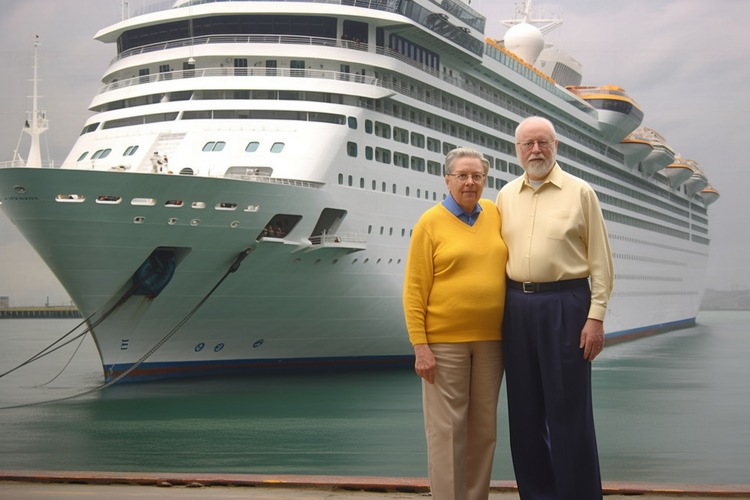Best Cruise Lines for Senior Travelers
Cruising offers a relaxed, unpack-once way to explore, making it a smart option for older travelers who value comfort, culture, and convenience. This guide explains what defines a senior‑friendly cruise, why ships are better prepared today, the benefits to expect, how to book confidently, common pitfalls, and practical next steps.

The cruise industry has recognized the growing demographic of senior travelers and has adapted its offerings accordingly. Modern cruise ships feature amenities and services specifically designed to accommodate the unique needs and preferences of older passengers, making ocean travel more accessible and enjoyable than ever before.
Understanding Senior-Friendly Cruise Options
Senior-friendly cruises prioritize accessibility, comfort, and safety. These vessels typically feature wheelchair-accessible cabins, elevators to all decks, grab bars in bathrooms, and medical centers staffed with qualified healthcare professionals. Many ships also offer priority boarding for guests with mobility challenges and provide assistance with luggage handling. Shore excursions are often categorized by activity level, allowing seniors to choose experiences that match their physical capabilities.
Why Cruising Suits Seniors Now
The appeal of cruising for older adults lies in its convenience and comprehensive nature. Unlike traditional vacations that require constant planning and coordination, cruises provide an all-inclusive experience where transportation, accommodation, meals, and entertainment are bundled together. This eliminates the stress of navigating unfamiliar cities, finding restaurants, or dealing with language barriers. Additionally, the slower pace of cruise travel allows seniors to visit multiple destinations without the fatigue associated with frequent packing and unpacking.
Benefits Older Travelers Can Expect
Senior cruise passengers enjoy numerous advantages tailored to their lifestyle preferences. Onboard medical facilities provide peace of mind, while accessible cabin designs ensure comfort and safety. Many ships offer enrichment programs such as lectures, cooking classes, and cultural presentations that appeal to mature audiences. Dining venues accommodate special dietary requirements, and spa services focus on wellness and relaxation rather than high-intensity treatments. Social opportunities abound through dance classes, card games, and organized meet-and-greets.
Choosing and Booking Step-by-Step
Selecting the right cruise involves several considerations specific to senior travelers. First, evaluate the ship’s accessibility features and medical facilities. Research the cruise line’s reputation for senior services and read reviews from other older passengers. Consider the itinerary’s port intensity and whether shore excursions match your mobility level. When booking, request accessible accommodations if needed and inquire about senior discounts. Book early for better cabin selection and pricing, and consider purchasing comprehensive travel insurance.
| Cruise Line | Senior-Friendly Features | Estimated Cost Range |
|---|---|---|
| Holland America | Accessible cabins, enrichment programs, gentle excursions | $1,200-$4,500 per person |
| Princess Cruises | Medical center, mobility assistance, senior activities | $1,000-$4,000 per person |
| Celebrity Cruises | Accessible design, wellness programs, cultural offerings | $1,500-$5,000 per person |
| Norwegian Cruise Line | Flexible dining, accessible cabins, varied activity levels | $900-$3,500 per person |
Prices, rates, or cost estimates mentioned in this article are based on the latest available information but may change over time. Independent research is advised before making financial decisions.
Challenges and Risk Mitigation
While cruising offers many benefits for seniors, potential challenges exist. Motion sickness can affect some passengers, though modern ships use stabilization technology to minimize this issue. Medical emergencies at sea require careful consideration, making comprehensive travel insurance essential. Limited mobility on shore excursions can be addressed by choosing appropriate activity levels and using ship-provided assistance services. Communication with cruise staff about specific needs ensures proper accommodation and support throughout the voyage.
The cruise industry continues to evolve its offerings for senior travelers, recognizing this demographic’s significant contribution to the market. With proper planning and realistic expectations, older adults can enjoy memorable cruise experiences that combine comfort, safety, and adventure in a controlled environment designed for their specific needs and preferences.




